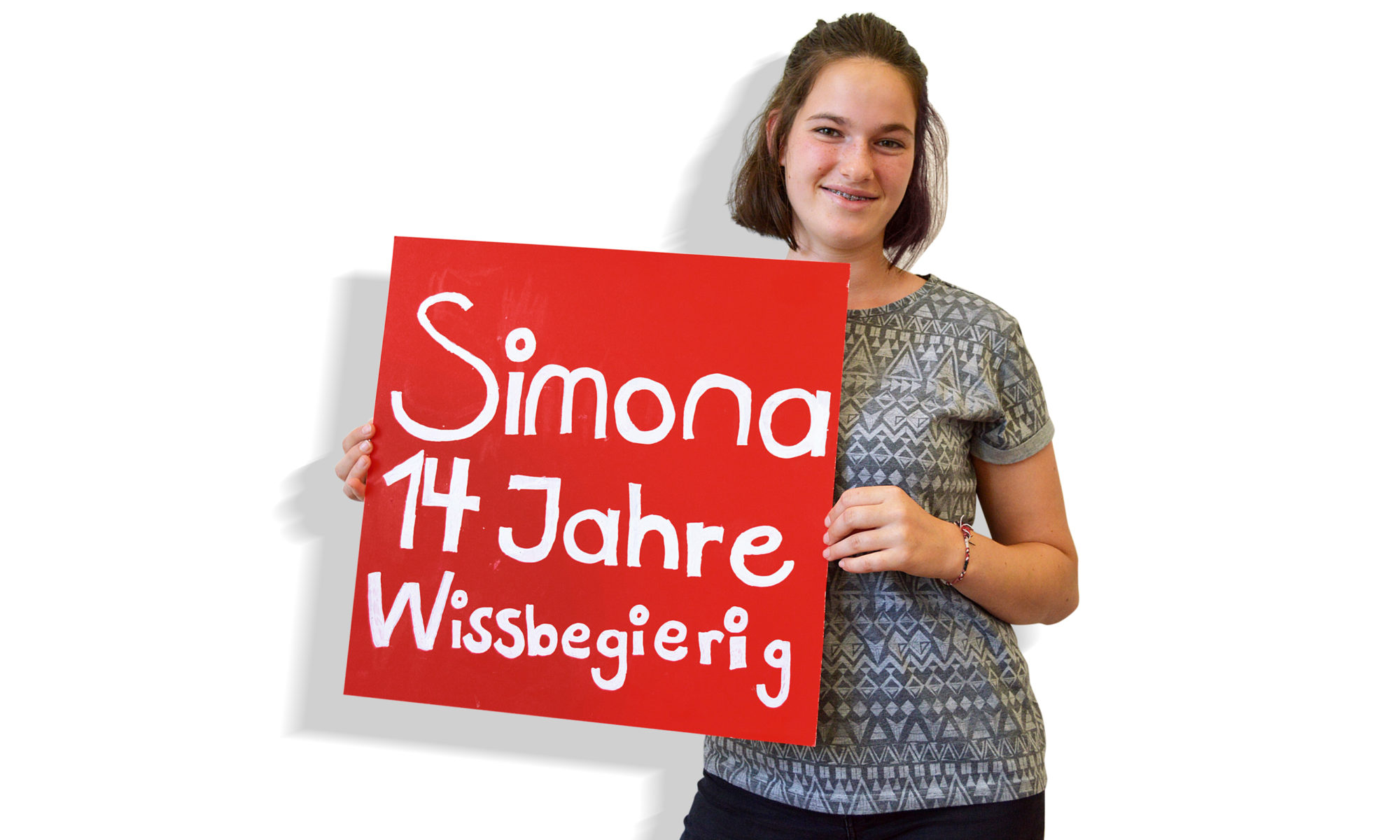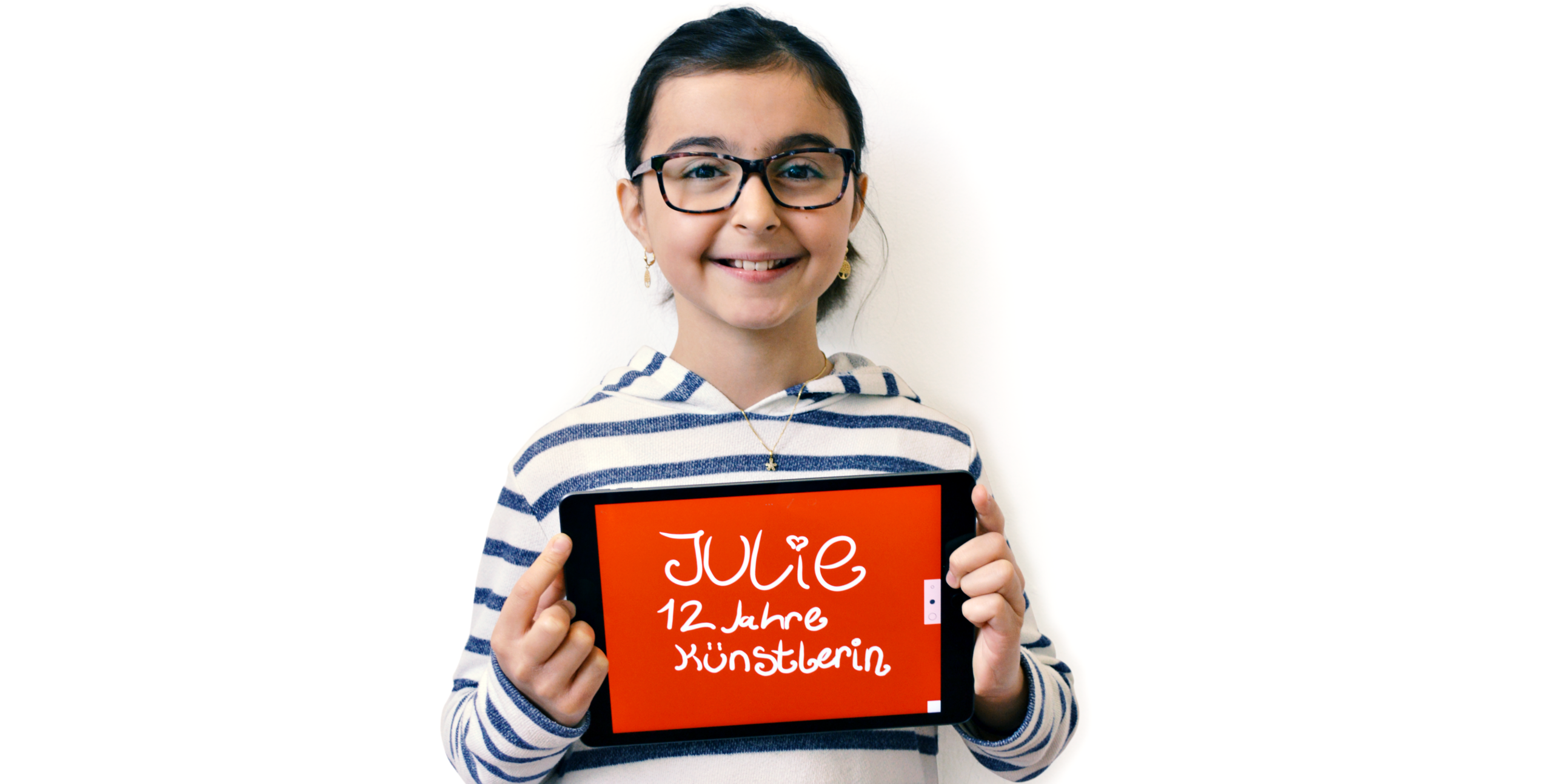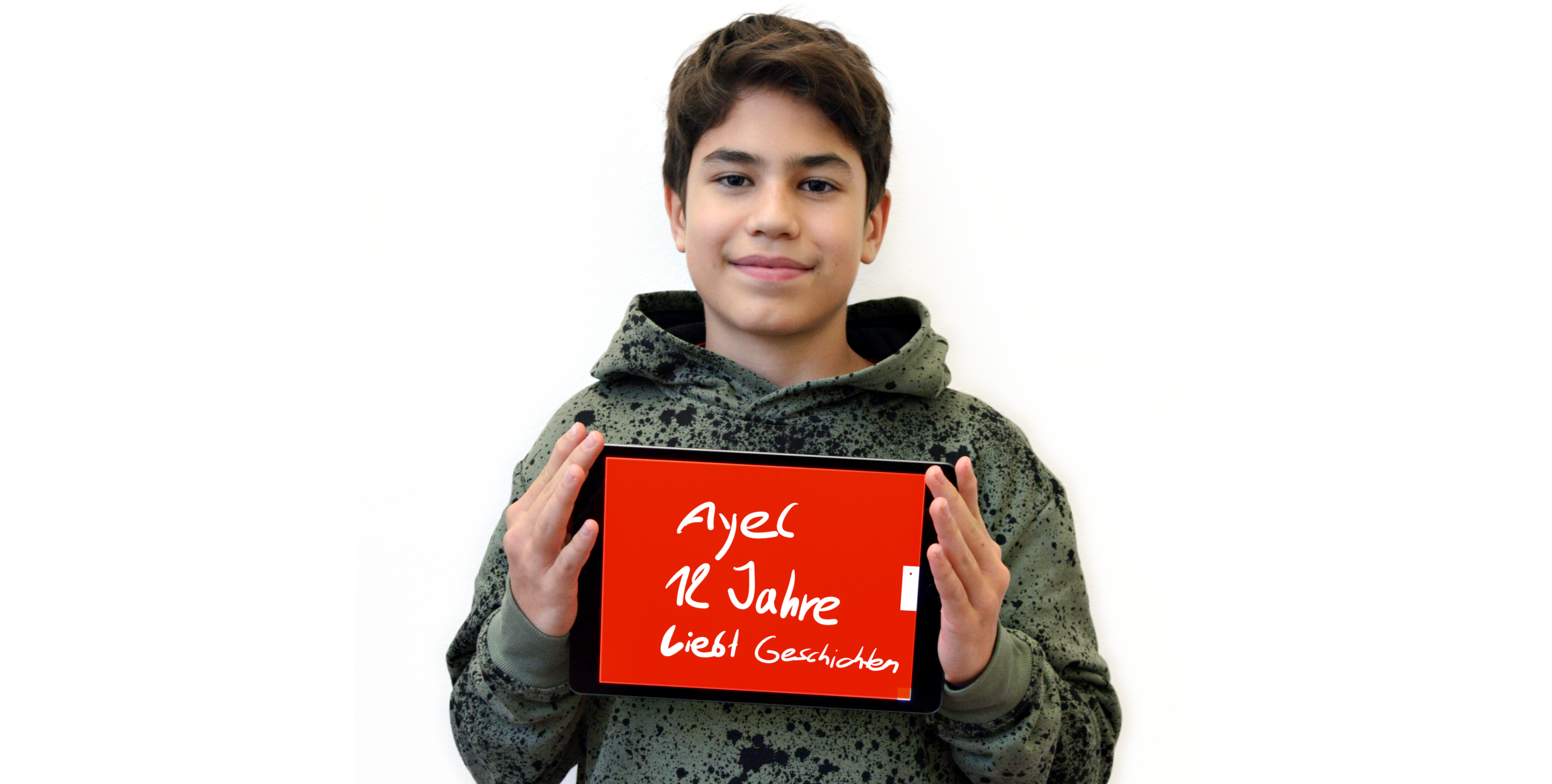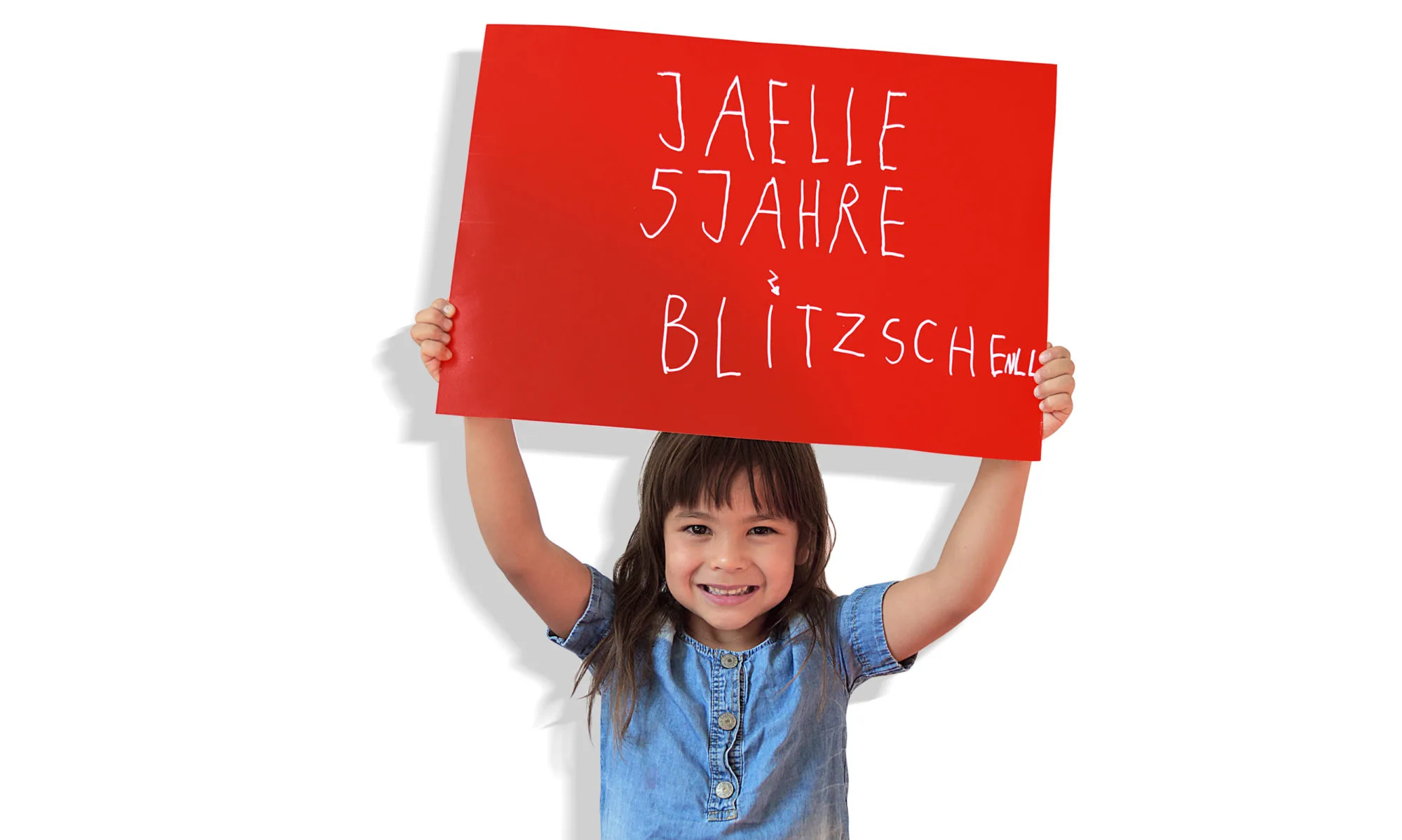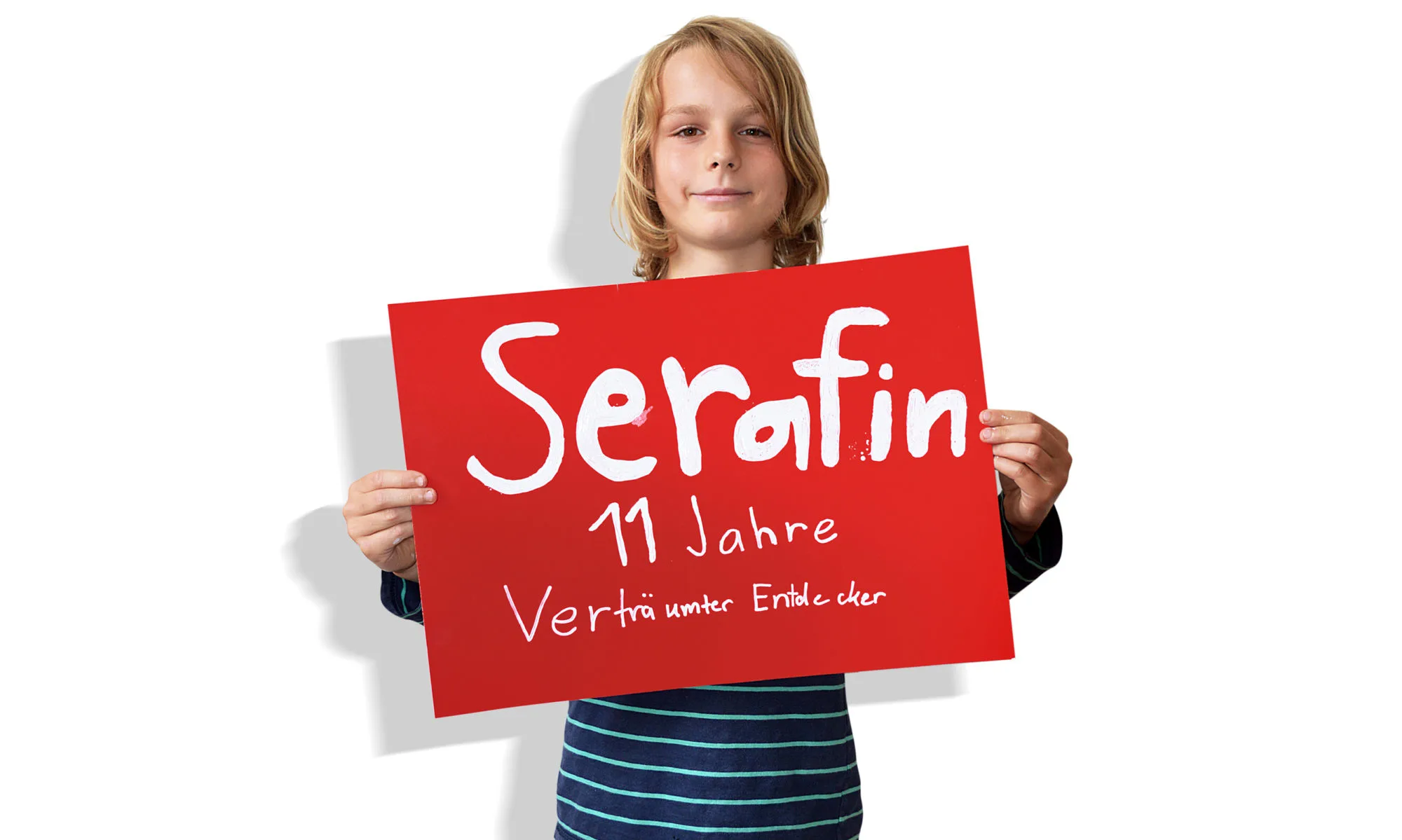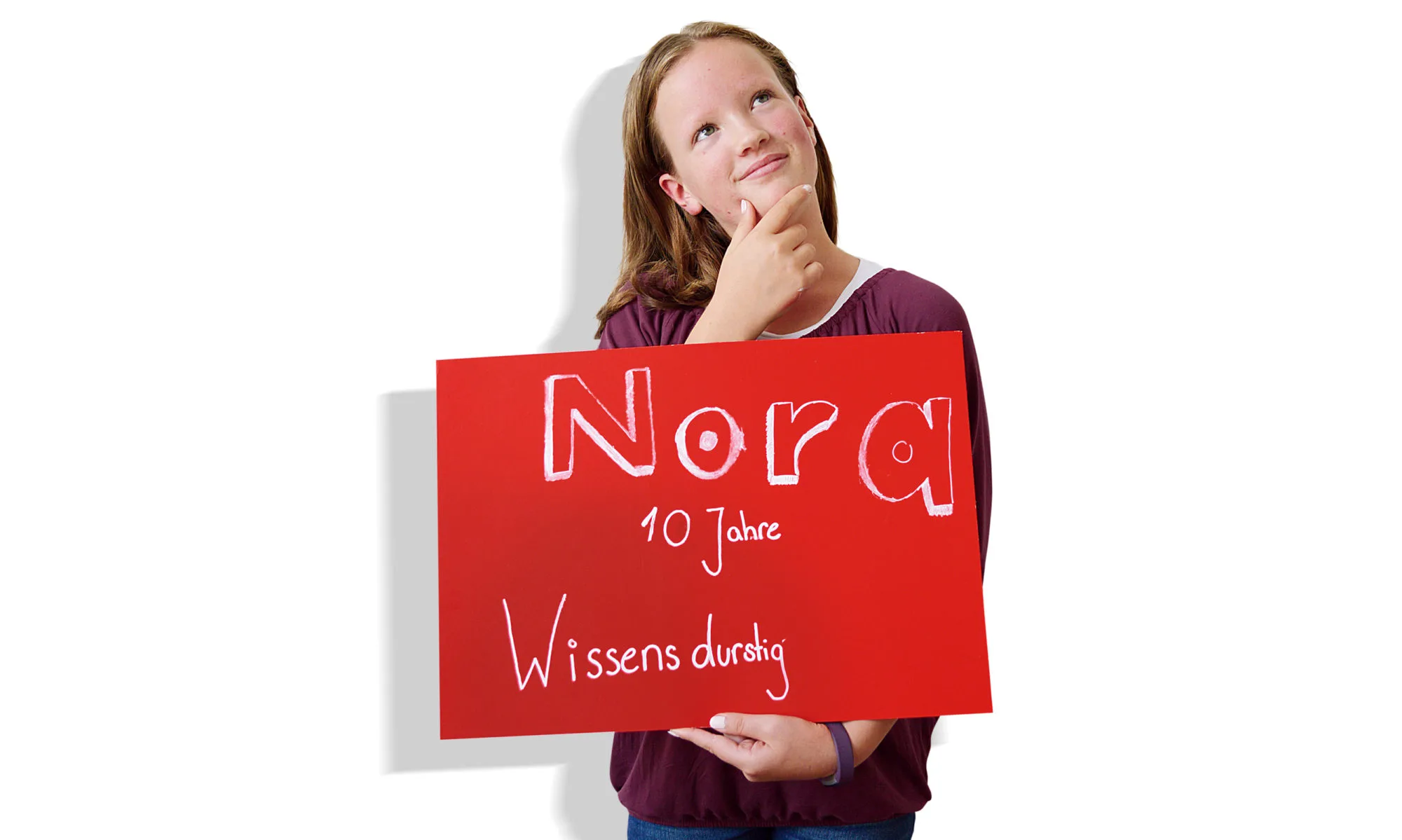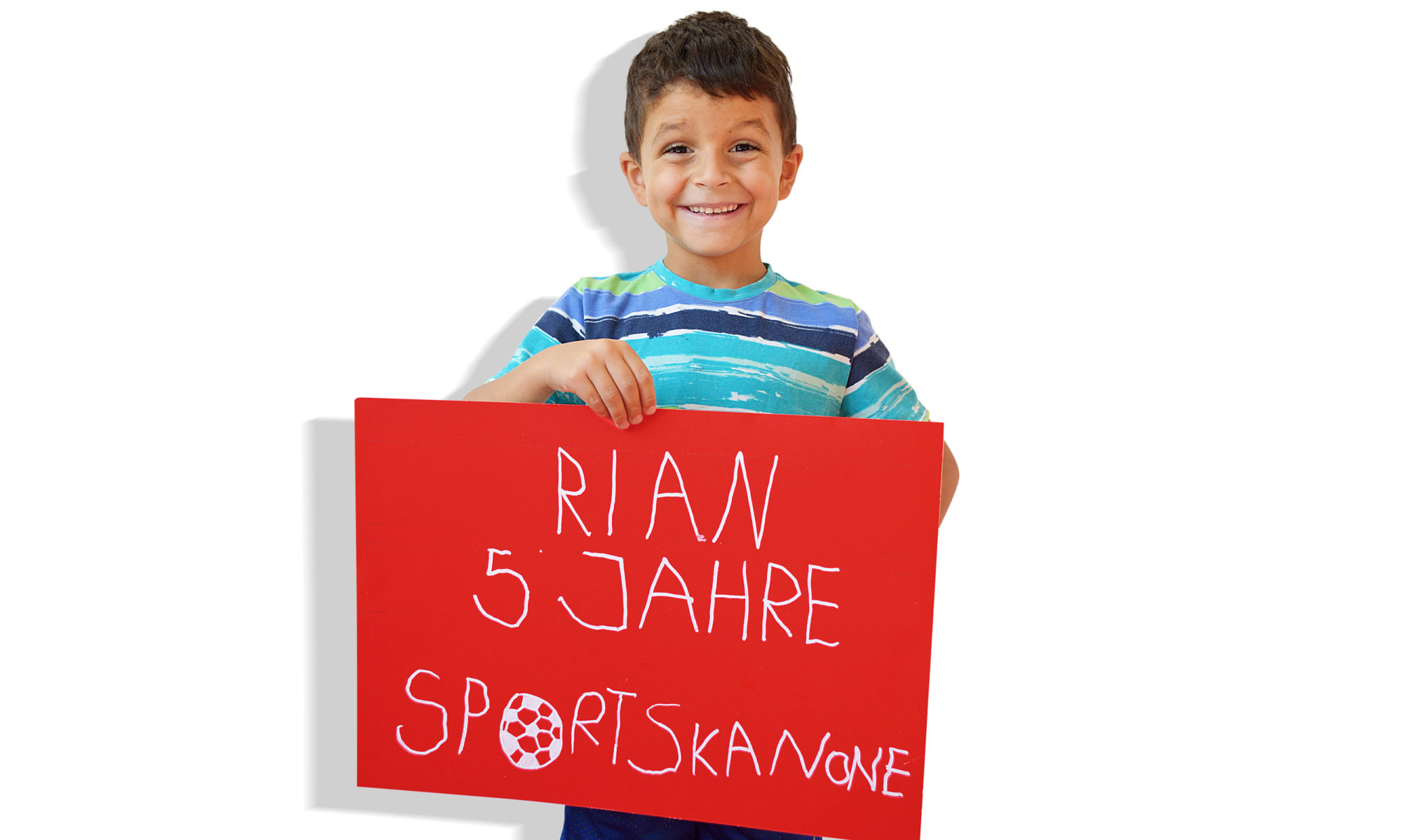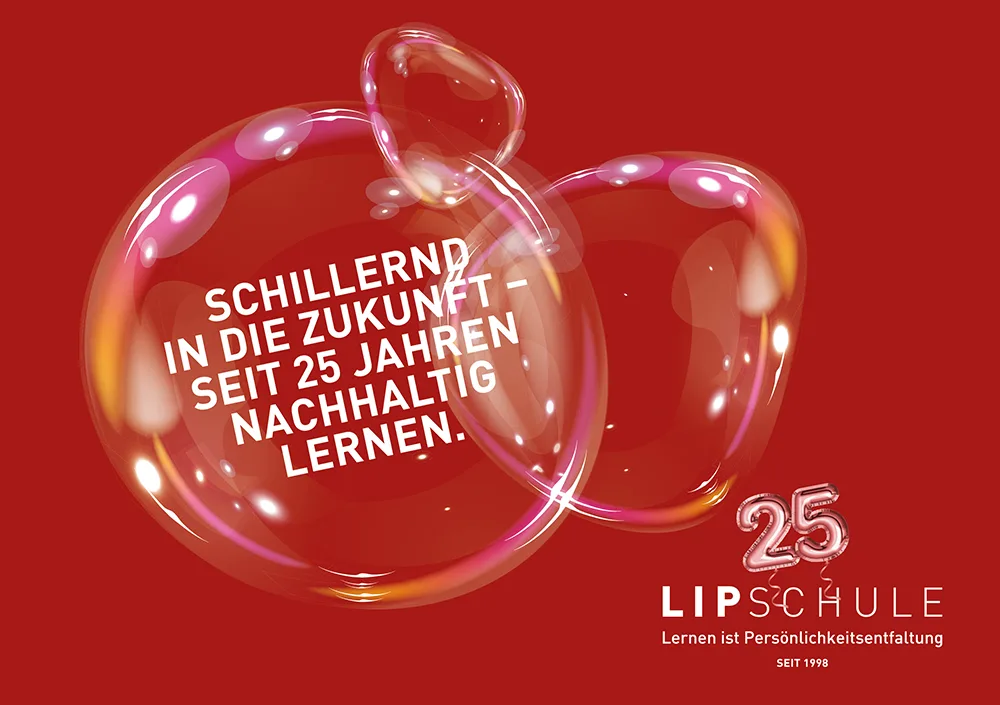An interview with LIPSCHULE Headmaster Daniel Schubiger on multilingualism
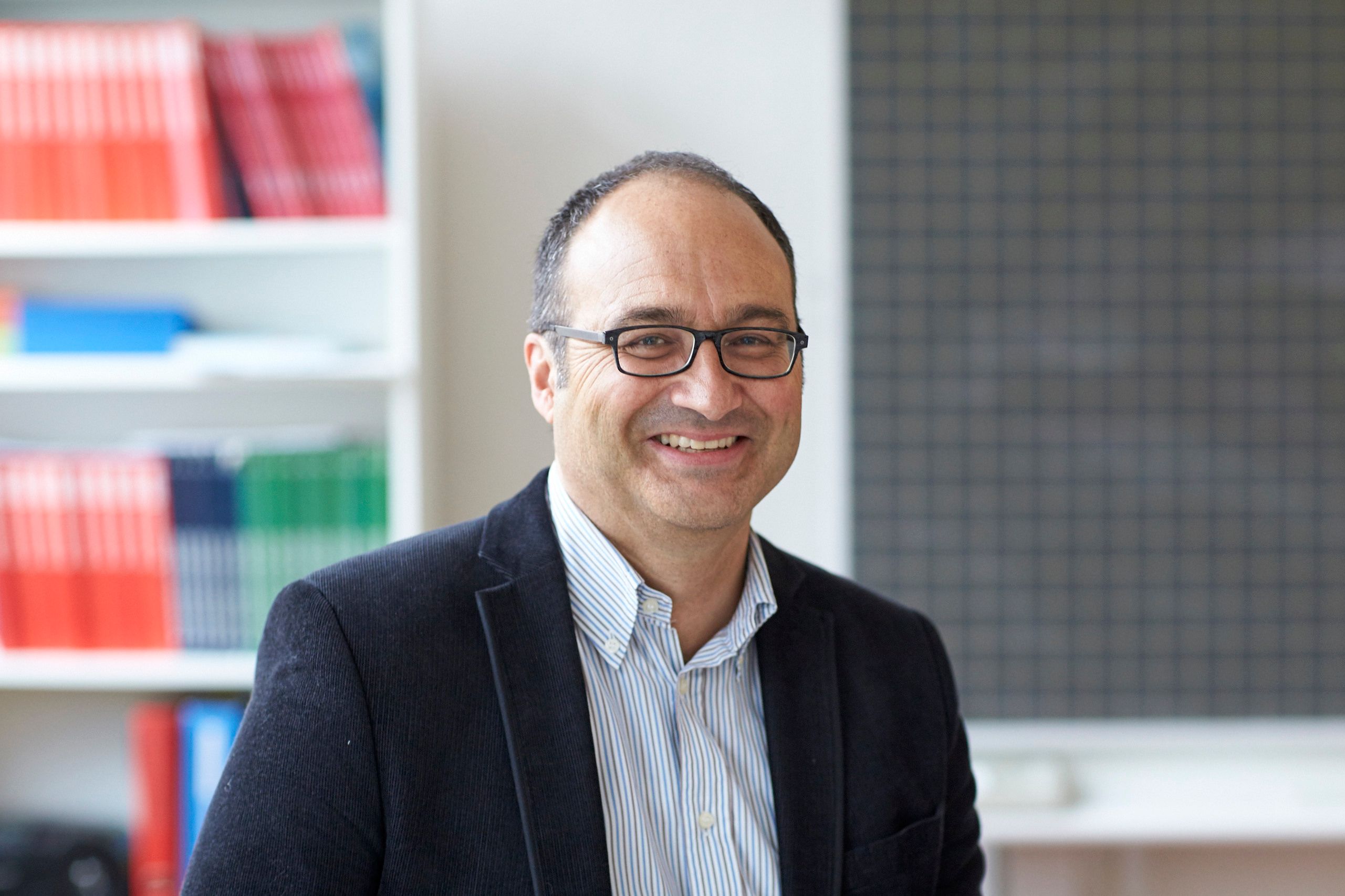
Anyone visiting LIPSCHULE soon notices its multicultural atmosphere. The many conversations all around in different languages play a big part in this. We asked Headmaster Daniel Schubiger what role this aspect plays in daily school life and how LIPSCHULE differs here from public schools.
Daniel Schubiger, how are languages handled at LIPSCHULE?
The main language used in lessons is standard German. We employ native-speaker teachers for foreign language lessons in English and French. Of course, they can also understand and speak German, which is helpful in particular for children and young people who haven’t been at LIPSCHULE for long.
Is it true the foreign languages play an important role at break times as well as in lessons?
We’re a day school that’s open from 7.30 am to 6 pm. It goes without saying that everyone here – children, young people and adults – wants to speak their own language. You encounter a wide range of languages here during the morning, lunchtime and afternoon breaks. Naturally, learning at a young age is also much easier, more fun and faster than when you’re an adult. Whether it’s learning by doing or trial and error, you can see progress within a very short time when you take a constructive approach to mistakes.
What do you believe are the benefits of this compared to public schools?
I have the greatest respect for teachers who study a foreign language and do the necessary training in pedagogical, methodical and didactic approaches so that they can teach this language for three to four lessons for each year group. However, almost 25 years after LIPSCHULE was founded, I firmly believe that learning a language with native speakers both in and outside of lessons leads to far better skills. This is clear, for example, from the fact that students in Cycle 3 regularly achieve above-average results in English. Or that children in Cycle 2 are able to communicate effortlessly with visitors who speak a foreign language, and those in Cycle 1 speak both standard German and English confidently, happily, easily and freely.
Does this mean that expat children feel particularly at ease at LIPSCHULE?
As a state-recognized Swiss private school, we apply Curriculum 21. The skills that it outlines are our target. In addition, our foreign language teachers use internationally recognized teaching materials. Expats from English or French-speaking countries feel that they’re in good hands with us because meetings with parents on how their child is doing can be held in their native language. This exchange requires trust in LIPSCHULE and the Swiss education system in general. The latter is usually quite difficult for parents at the start, because their children have previously been at international schools.
<<<


